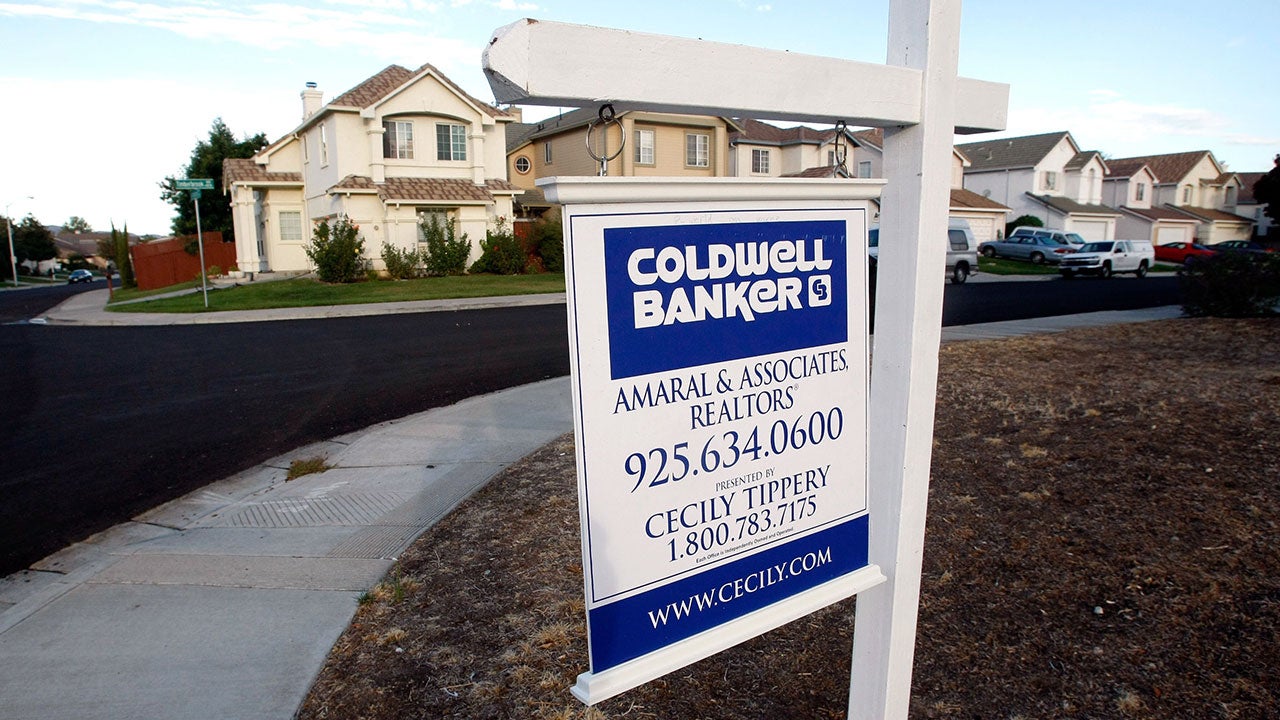
These tips will help you maximize your return on real estate investments. Continue reading to find out more about the different types of properties that you can invest in. You will also learn about the importance location and asset protection. These tips can help you to maximize your investment success. This article is especially useful for first-time investors or those who plan to purchase multiple properties.
Investment properties
What makes investment properties for real-estate investors attractive? The answer depends on your own goals, the market in which you live, and your preferred investing strategy. There is no right answer. Therefore, it is crucial to weigh the pros & cons of various investment options. Also important is the area. Investors looking to invest in vacant land may be more interested than those who are in mature markets. However, residential property investors might be more interested.

Asset protection
If you're serious about investing in real estate, there are a few different strategies you can use to protect your assets. While most real estate investors will use landlord insurance and conservative amounts of debt, holding real property in an LLC or trust can increase your asset protection. It is important to consider how much equity your properties have. Your goals, risk tolerance, and investments will all play a role in the choice of strategy.
Location
Location is everything in real estate investing, and the location you buy your property in will greatly impact your return on investment. While cheaper properties may not be as lucrative as expensive ones, it is still important to consider the surrounding neighborhood. Some neighborhoods are more thriving than others, but some may not be the best. It is important to consider the area’s affordability and the job market before you decide whether this property is the right one for you. Before making a final decision, make sure you thoroughly inspect the property.
Refinance existing property
Real-estate investors have the option to refinance existing properties, which allows them to enjoy lower interest rates with lower monthly payments. This can help maximize their investment. You can use equity from your properties to improve them or to finance investment properties. The refinance can offer tax deductions so it's a good option for investors. But it requires several steps. Here's how you can get started.

Managing your own portfolio
There are many decisions that you need to make when creating your own portfolio of real estate investments. The best asset allocation depends on your goals as well as your tolerance for risk. Investors who seek higher returns will need to be willing to take on more risk, while those seeking stable income will prefer to make safer investments. A greater tolerance for risk will lead to a more aggressive investment portfolio in real estate. But how do you know which investments are best?
FAQ
Do I need flood insurance?
Flood Insurance protects against damage caused by flooding. Flood insurance can protect your belongings as well as your mortgage payments. Learn more about flood insurance here.
How long does it usually take to get your mortgage approved?
It depends on many factors like credit score, income, type of loan, etc. It generally takes about 30 days to get your mortgage approved.
How do I calculate my interest rate?
Market conditions impact the rates of interest. The average interest rate over the past week was 4.39%. To calculate your interest rate, multiply the number of years you will be financing by the interest rate. For example: If you finance $200,000 over 20 year at 5% per annum, your interest rates are 0.05 x 20% 1% which equals ten base points.
What is the average time it takes to sell my house?
It depends on many factors, such as the state of your home, how many similar homes are being sold, how much demand there is for your particular area, local housing market conditions and more. It may take 7 days to 90 or more depending on these factors.
What amount of money can I get for my house?
It all depends on several factors, including the condition of your home as well as how long it has been listed on the market. The average selling price for a home in the US is $203,000, according to Zillow.com. This
Statistics
- This means that all of your housing-related expenses each month do not exceed 43% of your monthly income. (fortunebuilders.com)
- Some experts hypothesize that rates will hit five percent by the second half of 2018, but there has been no official confirmation one way or the other. (fortunebuilders.com)
- Based on your credit scores and other financial details, your lender offers you a 3.5% interest rate on loan. (investopedia.com)
- This seems to be a more popular trend as the U.S. Census Bureau reports the homeownership rate was around 65% last year. (fortunebuilders.com)
- When it came to buying a home in 2015, experts predicted that mortgage rates would surpass five percent, yet interest rates remained below four percent. (fortunebuilders.com)
External Links
How To
How to Manage A Rental Property
While renting your home can make you extra money, there are many things that you should think about before making the decision. We will show you how to manage a rental home, and what you should consider before you rent it.
Here are some things you should know if you're thinking of renting your house.
-
What is the first thing I should do? Consider your finances before you decide whether to rent out your house. If you have any debts such as credit card or mortgage bills, you might not be able pay for someone to live in the home while you are away. You should also check your budget - if you don't have enough money to cover your monthly expenses (rent, utilities, insurance, etc. It might not be worth the effort.
-
What is the cost of renting my house? It is possible to charge a higher price for renting your house if you consider many factors. These include factors such as location, size, condition, and season. It's important to remember that prices vary depending on where you live, so don't expect to get the same rate everywhere. Rightmove estimates that the market average for renting a 1-bedroom flat in London costs around PS1,400 per monthly. This means that if you rent out your entire home, you'd earn around PS2,800 a year. Although this is quite a high income, you can probably make a lot more if you rent out a smaller portion of your home.
-
Is it worth it? It's always risky to try something new. But if it gives you extra income, why not? Make sure that you fully understand the terms of any contract before you sign it. Your home will be your own private sanctuary. However, renting your home means you won't have to spend as much time with your family. These are important issues to consider before you sign up.
-
Is there any benefit? Now that you have an idea of the cost to rent your home, and are confident it is worth it, it is time to consider the benefits. There are many reasons to rent your home. You can use it to pay off debt, buy a holiday, save for a rainy-day, or simply to have a break. It's more fun than working every day, regardless of what you choose. You could make renting a part-time job if you plan ahead.
-
How do I find tenants? Once you've made the decision that you want your property to be rented out, you must advertise it correctly. Start by listing online using websites like Zoopla and Rightmove. You will need to interview potential tenants once they contact you. This will enable you to evaluate their suitability and verify that they are financially stable enough for you to rent your home.
-
How can I make sure I'm covered? You should make sure your home is fully insured against theft, fire, and damage. Your landlord will require you to insure your house. You can also do this directly with an insurance company. Your landlord may require that you add them to your additional insured. This will cover any damage to your home while you are not there. This does not apply if you are living overseas or if your landlord hasn't been registered with UK insurers. In these cases, you'll need an international insurer to register.
-
It's easy to feel that you don't have the time or money to look for tenants. This is especially true if you work from home. However, it is important that you advertise your property in the best way possible. Make sure you have a professional looking website. Also, make sure to post your ads online. A complete application form will be required and references must be provided. While some prefer to do all the work themselves, others hire professionals who can handle most of it. In either case, be prepared to answer any questions that may arise during interviews.
-
What should I do once I've found my tenant? If you have a current lease in place you'll need inform your tenant about changes, such moving dates. If you don't have a lease, you can negotiate length of stay, deposit, or other details. Keep in mind that you will still be responsible for paying utilities and other costs once your tenancy ends.
-
How do you collect the rent? When the time comes to collect the rent, you'll need to check whether your tenant has paid up. If not, you'll need to remind them of their obligations. You can deduct any outstanding payments from future rents before sending them a final bill. If you are having difficulty finding your tenant, you can always contact the police. They won't normally evict someone unless there's been a breach of contract, but they can issue a warrant if necessary.
-
What can I do to avoid problems? It can be very lucrative to rent out your home, but it is important to protect yourself. Install smoke alarms, carbon monoxide detectors, and security cameras. It is important to check that your neighbors allow you leave your property unlocked at nights and that you have sufficient insurance. You should never allow strangers into your home, no matter how they claim to be moving in.